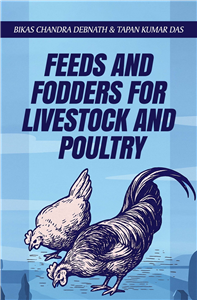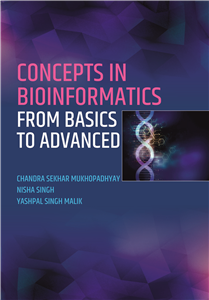Digital Technologies for Agriculture
by Narendra Singh Rathore, Sunil Joshi & Naveen Choudhary
The emergence of Digital Technologies integrated with a robust Information and Communication Technology (ICT) framework holds tremendous potential to impact agriculture sector to overcome production, productivity and profitability stagnancy, strengthening market linkages, and enhancing farm management practices. The adoption of digital technologies in precision agriculture modernizes farmers production practices and leads to uniform annual income for farmers, reduced risk of crop failure, and increased yields per unit area. The digital agriculture is instrumental in promoting data generation as well as the advanced analytics that allow farmers to make smart decisions about farming and to enhance farming economics. Direct applications of digital technology also include crop and soil health monitoring, livestock management, crop selection, weather advisories, disease and pest-related assistance, real-time data on both domestic and global markets. This book covers introduction to various types of digital technologies including artificial intelligence, machine learning, deep learning, internet of things, sensors, virtual reality & augmented reality, robotics, geospatial technologies, block chain and big data analytics. Different emerging digital technologies and there applications in agriculture for effective implementation for crop & soil monitoring, real time crop yield prediction etc.

























